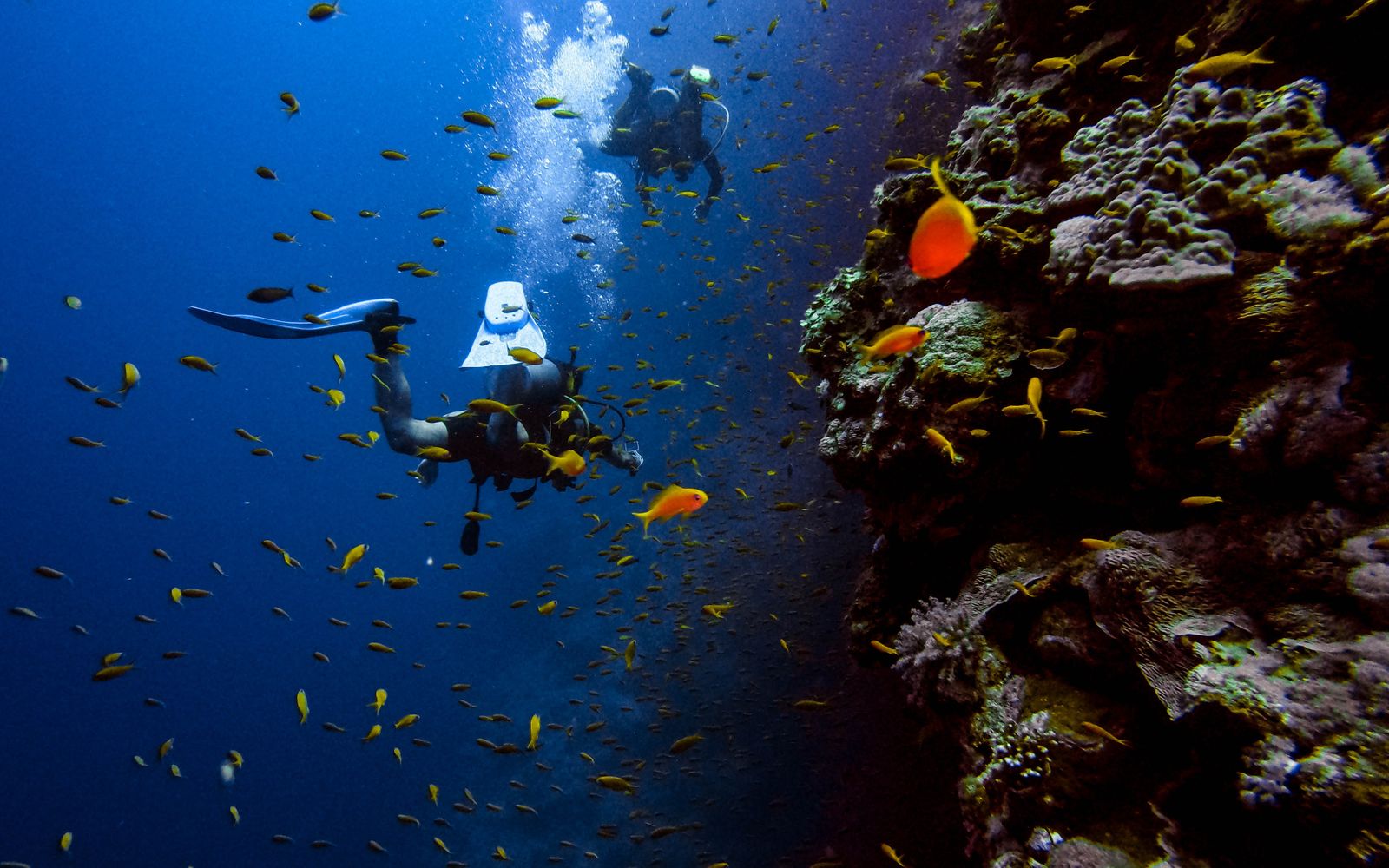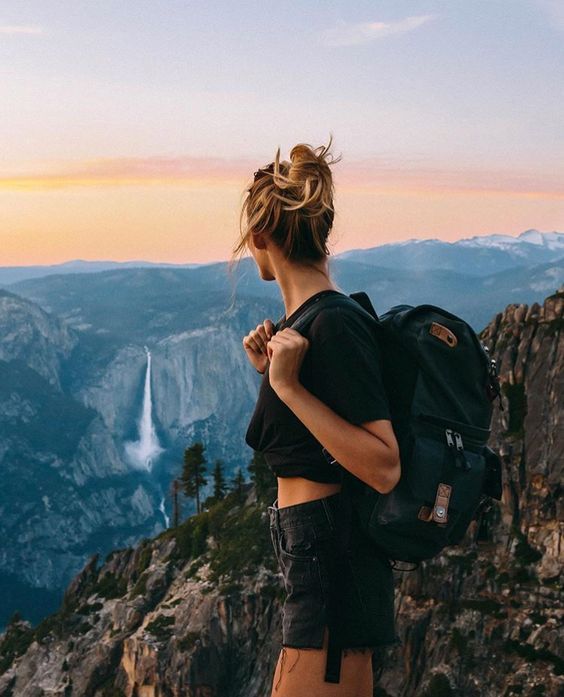How to Scuba Dive Safely: 11 Essential Tips -Dive deep and stay safe with these essential scuba diving tips!
Scuba diving is an exhilarating and rewarding experience, allowing you to explore the wonders of the underwater world. However, it is important to remember that diving can also be dangerous if proper safety precautions are not taken. Here are some essential tips to help you scuba dive safely:
Get certified and keep your skills up to date
Before you go scuba diving, it is essential that you get certified by a reputable diving organization. This will ensure that you have the knowledge and skills needed to dive safely. Additionally, it is important to keep your skills up to date by taking refresher courses and practicing regularly.
Always dive with a buddy

Diving with a Buddy to Explore the underwater world | Image via unsplash
Diving with a buddy is not only more fun, but it is also much safer. Your buddy can help you in case of an emergency, and you can watch out for each other underwater. Always make sure to communicate with your buddy before, during, and after the dive.
Check your equipment before each dive
Your scuba diving equipment is your lifeline underwater, so it is essential that you check it before each dive. Make sure that everything is in good working order and that you have all the necessary gear. Don't forget to check your tank pressure and make sure that you have enough air for the dive.
It is also important to make sure that you have all the necessary gear for the dive, such as a dive computer, compass, and dive light. Make sure that everything fits properly and is comfortable to wear, as ill-fitting gear can be dangerous and uncomfortable underwater.
Plan your dive and dive your plan
Before you enter the water, make sure that you have a plan for the dive. Decide on the depth, duration, and route of the dive, and communicate this with your buddy. Stick to the plan and monitor your dive to ensure that you stay within your limits.
Ascend slowly and perform safety stops
When it's time to ascend, do so slowly to prevent decompression sickness. Additionally, perform safety stops at specific depths to allow your body to off-gas nitrogen. This will help to reduce the risk of decompression sickness and other diving-related injuries.
Keep an eye on your air supply
Your air supply is crucial for a safe dive, so it is important to keep an eye on it throughout the dive. Monitor your tank pressure regularly and communicate with your buddy to ensure that you both have enough air for the dive.
Know your limits and stay within them
It is important to know your limits as a diver and to stay within them. Don't dive beyond your training and experience level, and don't push yourself too hard. If you feel uncomfortable or unsafe, don't hesitate to end the dive.
Be aware of your surroundings
When you are underwater, it is important to be aware of your surroundings. Keep an eye out for potential hazards such as sharp rocks or strong currents, and avoid touching or disturbing marine life. Respect the underwater environment and remember that you are a guest in their world.
Stay hydrated and well-rested
Diving can be physically demanding, so it is important to stay hydrated and well-rested before and after the dive. Drink plenty of water and get a good night's sleep to ensure that your body is prepared for the dive.
Get travel and dive insurance
Lastly, it is important to get travel and dive insurance before embarking on a scuba diving trip. This will ensure that you are covered in case of an emergency or accident, and will give you peace of mind during your dive.
Book your dive excursion in advance
If you are considering diving while looking up things to do in Unawatuna or any dive destination make sure to book your dive excursion in advance. If you are put up at establishments the likes of Araliya Beach Resort & Spa you can reach out to the hotel’s front desk to inquire about tour operators or dive excursion providers and book your slot in advance. This could help you avoid last-minute hassles and plan your itinerary accordingly.
In conclusion, scuba diving can be a safe and enjoyable activity if proper safety precautions are taken. By following these ten essential tips, you can dive confidently and explore the wonders of the underwater world.

